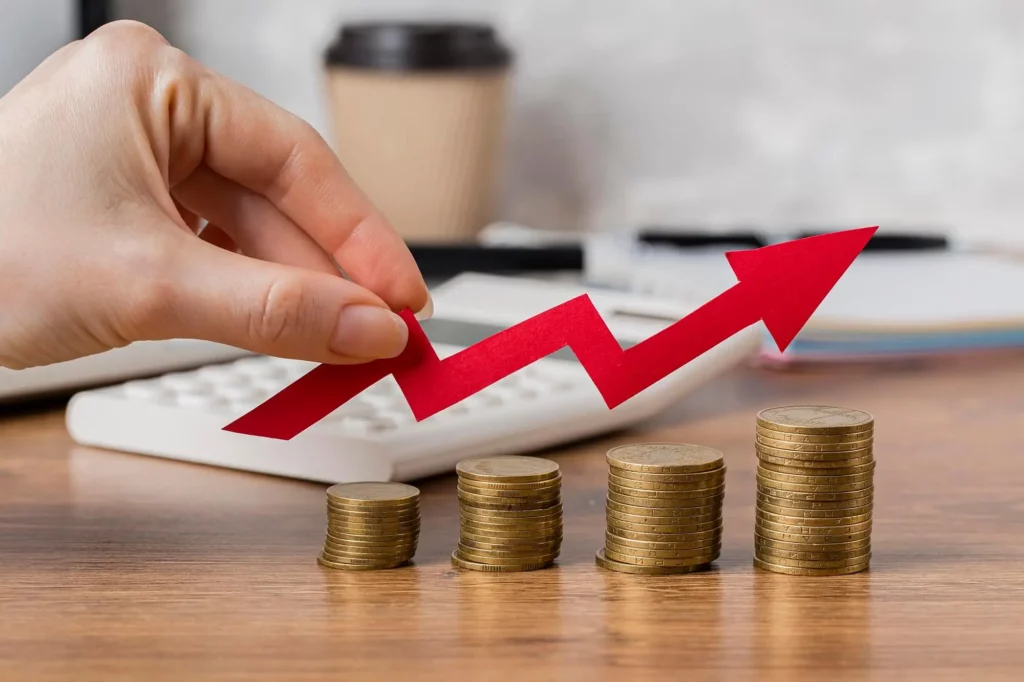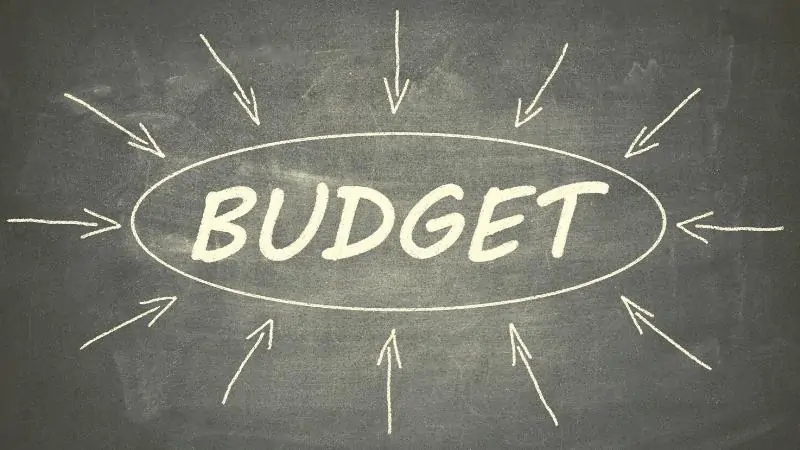Inflation can feel like a relentless force that erodes the value of your money, leaving you scrambling to keep up with rising costs. Whether you’re dealing with skyrocketing gas prices, higher grocery bills, or increased housing costs, inflation can significantly impact your financial well-being. However, it’s not all doom and gloom—there are strategies that can help you not just survive but thrive during economic crises.
In this post, we’ll explore how to inflation-proof your finances and ensure you remain financially secure, even when the economy is in turmoil.
1. Understand the Impact of Inflation on Your Finances
The first step in inflation-proofing your finances is understanding how inflation affects your purchasing power. As inflation rises, the value of money decreases, which means the same amount of money buys fewer goods and services. For example, if inflation is 5%, then something that costs $100 today would cost $105 a year from now.
Knowing this, it’s crucial to adjust your financial strategies to ensure your wealth grows at a rate that outpaces inflation. Ignoring inflation’s impact can leave you with stagnant savings and reduced purchasing power.
2. Invest in Assets That Outpace Inflation

One of the most effective ways to protect your wealth from inflation is to invest in assets that tend to appreciate in value during economic crises. Real estate, stocks, and commodities like gold have historically been strong inflation hedges.
- Real Estate: Property values often rise with inflation, and real estate can provide a steady stream of income through rentals. Investing in property—whether it’s residential, commercial, or even real estate investment trusts (REITs)—can safeguard your finances.
- Stocks: Certain stocks, especially those in sectors like energy, healthcare, and consumer staples, can outperform during inflationary periods. Companies that can raise prices in line with inflation (such as utilities or technology firms) are often well-positioned to thrive.
- Gold and Precious Metals: Gold has long been seen as a hedge against inflation. When fiat currencies lose value, investors flock to tangible assets like gold to preserve wealth.
By diversifying your investments across multiple asset classes, you can spread the risk and ensure that your portfolio remains resilient in the face of inflation.
3. Focus on Building a Strong Emergency Fund
An emergency fund is your financial safety net during uncertain times. When inflation hits, the cost of unexpected expenses—whether it’s a medical emergency or car repair—can be even more significant. Building a cash reserve that can cover 3-6 months’ worth of living expenses is crucial.
In addition, keeping your emergency fund in a high-yield savings account or a money market fund can help you earn interest while ensuring that your money is easily accessible when needed. The key is to have liquid funds available to weather the storm without dipping into your investments.
4. Review and Adjust Your Budget Regularly

During times of inflation, your regular expenses may increase, and your old budget might no longer be sufficient. Review your spending habits and identify areas where you can cut back. Small changes can have a big impact—whether it’s switching to more affordable groceries, reducing discretionary spending, or canceling unnecessary subscriptions.
Additionally, tracking your budget regularly helps you stay ahead of price hikes and adjust your spending before it spirals out of control. The more proactive you are with budgeting, the better you’ll be at managing inflation’s impact on your finances.
5. Increase Your Income Streams
To truly thrive during an economic crisis, it’s essential to increase your income. While inflation drives up the cost of living, increasing your income ensures you can continue to afford rising prices.
Consider starting a side hustle, freelancing, or exploring new job opportunities with higher salaries or better benefits. Even small additional streams of income can help you stay ahead of inflation and put you in a better financial position.
If you’re already in a stable job, explore ways to negotiate a raise or seek career advancement. The more you can increase your earnings, the less inflation will hurt your bottom line.
6. Pay Down High-Interest Debt
During inflationary times, interest rates tend to rise as central banks take action to control inflation. If you have high-interest debt, such as credit card balances or personal loans, it becomes even more important to pay it off quickly. The longer you carry this debt, the more you’ll pay in interest, which eats away at your purchasing power.
Make it a priority to pay off high-interest debt before taking on new debt or making large purchases. This will free up more money for investing and saving, helping you build wealth rather than simply managing expenses.
7. Adjust Your Lifestyle to Lower Costs

Sometimes, thriving during an economic crisis means embracing a more minimalist lifestyle. Cutting back on luxury purchases, eliminating unnecessary expenses, and embracing a frugal mindset can go a long way toward inflation-proofing your finances.
Think about alternative ways to save—cooking more meals at home, using public transportation instead of owning a car, or finding cheaper housing options. These adjustments may seem small, but they add up over time, and they can provide the flexibility needed to weather an inflationary storm.
8. Keep a Long-Term Perspective
It’s easy to panic when inflation spikes or an economic crisis looms. However, maintaining a long-term perspective is key to successfully inflation-proofing your finances. Markets go through cycles, and while inflationary periods can be challenging, they eventually subside.
Staying patient and sticking to your financial plan can help you navigate through temporary turbulence and come out stronger on the other side.
Final Thoughts: Thriving Through Inflation
Inflation is an undeniable force, but by adopting proactive strategies, you can not only protect your wealth but also grow it during economic crises. Focus on investing in inflation-resistant assets, building an emergency fund, and adjusting your lifestyle and budget to minimize the impact of rising costs.
By staying focused on your long-term financial goals, you can weather inflation and emerge financially stronger, no matter what the economy throws your way.


